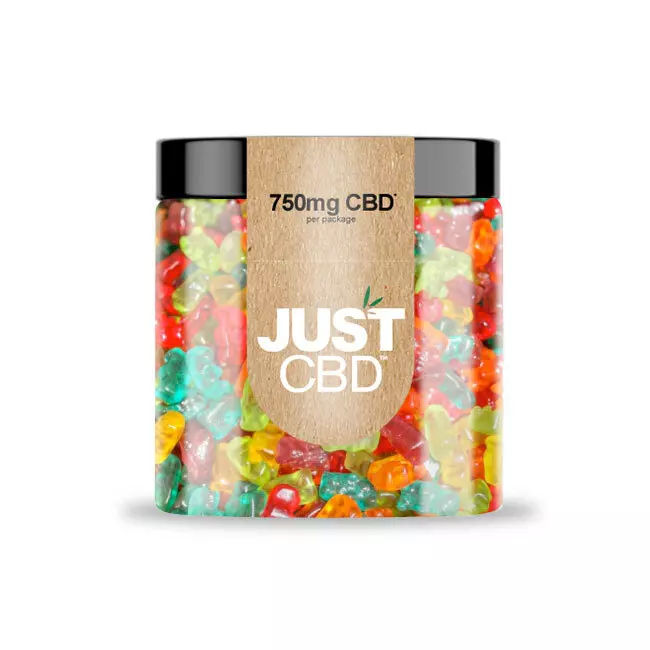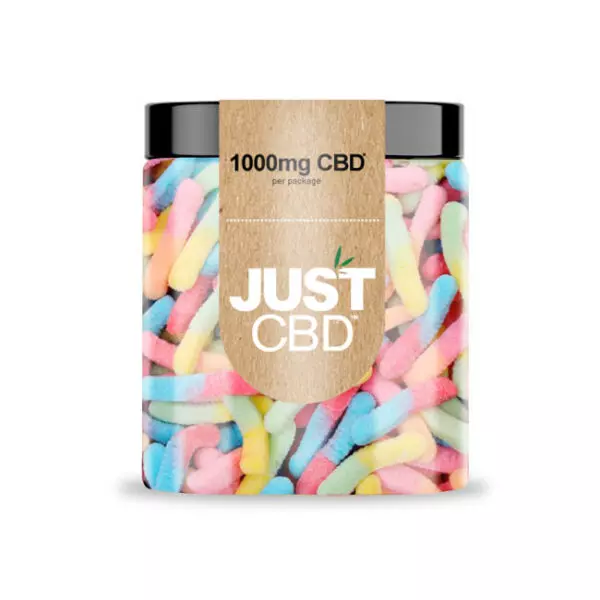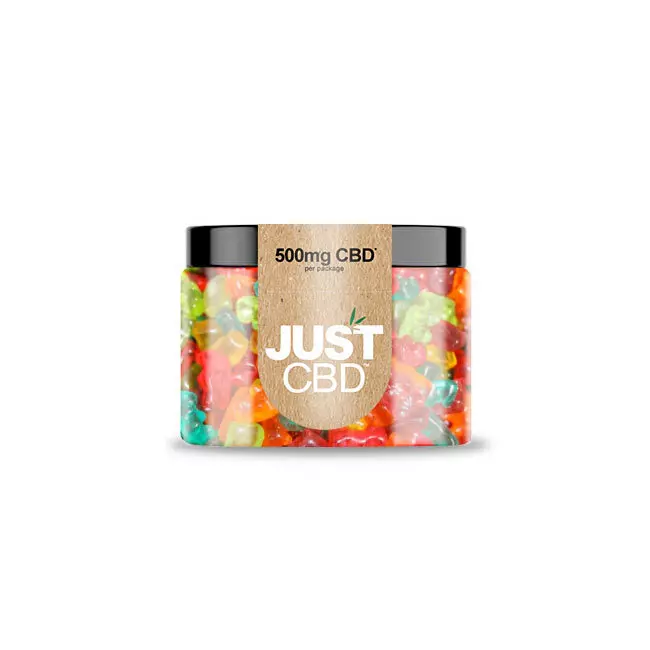Can CBD Gummies Help With Reducing Inflammation And Swelling?
Mechanisms of Action
Understanding how substances interact with the body at a molecular level is crucial for comprehending their potential therapeutic effects. This principle applies to cannabidiol (CBD), a non-psychoactive compound found in cannabis, and its purported ability to alleviate inflammation and swelling. Examining CBD’s mechanisms of action provides valuable insights into its potential benefits and limitations.
CBD and the Endocannabinoid System
Cannabidiol (CBD) is thought to exert its anti-inflammatory effects through interactions with the endocannabinoid system (ECS). The ECS is a complex network of receptors, enzymes, and neurotransmitters that plays a crucial role in regulating various physiological processes, including inflammation.
CBD primarily acts indirectly on the ECS by modulating the activity of endogenous cannabinoids, such as anandamide. Anandamide binds to cannabinoid receptors (CB1 and CB2), which are widely distributed throughout the body, particularly in areas involved in inflammation. By influencing the levels and actions of anandamide, CBD can modulate the inflammatory response.
Additionally, CBD has been shown to interact with other signaling pathways that contribute to inflammation, such as the vanilloid receptor (TRPV1) and the peroxisome proliferator-activated receptor (PPAR). These interactions further contribute to CBD’s potential anti-inflammatory effects.
Anti-Inflammatory Properties of CBD
CBD also exhibits its anti-inflammatory properties by influencing the production of pro-inflammatory cytokines, which are signaling molecules that play a key role in triggering and amplifying inflammation. By suppressing the release of these cytokines, CBD can help dampen the inflammatory cascade.
Furthermore, CBD demonstrates antioxidant activity, protecting cells from damage caused by free radicals, which contribute to oxidative stress and inflammation. This antioxidant effect further supports CBD’s ability to reduce inflammation and swelling.
Scientific Evidence
Scientific evidence is crucial for understanding the potential benefits of substances like cannabidiol (CBD).
Studies on Human Inflammation
Numerous studies have investigated the anti-inflammatory effects of CBD in both preclinical models and human subjects. Preclinical research, conducted in animals, has demonstrated CBD’s ability to reduce inflammation in various tissues, including the brain, joints, and skin.
Clinical trials in humans have also shown promising results. For example, a study published in the Journal of Experimental Medicine found that CBD reduced inflammation associated with rheumatoid arthritis. Similarly, another study in the journal Pain revealed that CBD effectively alleviated pain and inflammation in patients with osteoarthritis.
While these studies provide compelling evidence for CBD’s anti-inflammatory potential, it is important to note that more research is needed to fully elucidate its mechanisms of action and optimize its therapeutic application.
Research on Animal Models
Scientific evidence plays a crucial role in determining the efficacy and safety of any treatment, including those involving cannabidiol (CBD).
Research on animal models has provided valuable insights into CBD’s potential anti-inflammatory effects.
- Studies have shown that CBD can reduce inflammation in various tissues, such as the brain, joints, and skin, in animal models of inflammatory diseases.
- These studies have helped to identify some of the molecular mechanisms by which CBD may exert its anti-inflammatory effects, such as modulating the endocannabinoid system and influencing the production of pro-inflammatory cytokines.
While animal models provide a useful starting point for understanding CBD’s potential therapeutic effects, it is important to remember that results from animal studies may not always translate directly to humans. Therefore, clinical trials in human subjects are essential for confirming the safety and efficacy of CBD as an anti-inflammatory treatment.
Dosage Considerations

Dosage considerations are vital when using cannabidiol (CBD) for potential anti-inflammatory benefits. The optimal dose can vary depending on several factors, including the individual’s body weight, metabolism, the severity of inflammation, and the specific formulation of CBD used.
Generally, starting with a low dose and gradually increasing it under the guidance of a healthcare professional is recommended. This approach allows for monitoring of any potential side effects and helps determine the most effective dosage range for each individual.
It’s important to note that CBD products are not standardized, meaning the amount of CBD in each serving may vary significantly between brands and products.
Potential Benefits for Specific Conditions
The potential benefits of cannabidiol (CBD) for reducing inflammation and swelling are of growing interest due to its ability to interact with the body’s endocannabinoid system and other inflammatory pathways.
Arthritis
For individuals suffering from arthritis, CBD gummies may offer potential relief by reducing inflammation and swelling in affected joints. Arthritis is a chronic condition characterized by joint pain, stiffness, and inflammation.
CBD’s anti-inflammatory properties stem from its ability to modulate the endocannabinoid system, a network of receptors that plays a role in regulating pain and inflammation. By interacting with these receptors, CBD may help reduce the production of pro-inflammatory molecules that contribute to joint pain and swelling.
Injuries and Sports Recovery

For individuals experiencing muscle soreness or discomfort related to sports injuries, CBD gummies might provide potential benefits. Sports injuries often involve inflammation and tissue damage, leading to pain and delayed recovery.
CBD’s anti-inflammatory properties could potentially help reduce this inflammation, promoting faster healing and minimizing discomfort. Additionally, some studies suggest that CBD may have analgesic effects, which could contribute to pain relief following sports-related injuries.
Other Inflammatory Diseases
While research is ongoing, CBD gummies show potential for alleviating inflammation associated with other inflammatory diseases such as inflammatory bowel disease (IBD), psoriasis, and multiple sclerosis.
In IBD, which involves chronic inflammation of the digestive tract, CBD might help reduce gut inflammation and alleviate symptoms like abdominal pain, diarrhea, and rectal bleeding.
For psoriasis, a skin condition characterized by red, scaly patches, CBD’s anti-inflammatory effects could potentially reduce skin inflammation and itching.
In multiple sclerosis, an autoimmune disease affecting the central nervous system, CBD may help manage inflammation that damages nerve cells.
Considerations and Precautions

Before incorporating CBD gummies into your health regimen, it’s essential to consider potential interactions with medications you may be taking and to consult with a healthcare professional.
Drug Interactions
Drug interactions can occur when substances interfere with the way other drugs are absorbed, metabolized, or eliminated by the body. CBD, due to its interactions with various bodily systems, has the potential to interact with certain medications.
It’s crucial to consult with a healthcare professional before using CBD gummies, especially if you’re currently taking any medications, including prescription drugs, over-the-counter medications, or supplements.
Some medications that may potentially interact with CBD include:
- Blood thinners: CBD may enhance the effects of blood thinners, increasing the risk of bleeding.
- Anti-seizure medications: CBD can interact with medications used to treat seizures, potentially altering their effectiveness.
- Immunosuppressants: CBD may interfere with the immune system’s response, which could impact the effectiveness of immunosuppressant drugs.
Additionally, it’s important to consider potential allergies or sensitivities to ingredients in CBD gummies, such as artificial sweeteners or flavors.
As with any new supplement or treatment, starting with a low dose and gradually increasing it under the guidance of a healthcare professional is recommended.
Side Effects
While research on CBD’s potential benefits is promising, there are certain considerations and precautions to keep in mind.
- Drug interactions: CBD can interact with various medications. It’s crucial to consult a healthcare professional before using CBD, especially if you’re taking any prescription or over-the-counter drugs.
- Allergies: Some individuals may be allergic to ingredients in CBD gummies, such as artificial sweeteners or flavors.
- Dosage: The optimal dose of CBD can vary depending on individual factors and the specific product used. Starting with a low dose and gradually increasing it under professional guidance is recommended.
Potential side effects associated with CBD use include:
- Dry mouth
- Drowsiness
- Diarrhea
- Changes in appetite
Quality and Sourcing of CBD Gummies
When considering CBD gummies for inflammation reduction, quality and sourcing are paramount. Look for products from reputable brands that prioritize transparency in their manufacturing processes.
Reputable brands will often provide third-party lab testing results that verify the potency and purity of their products. These tests should confirm the CBD content and absence of contaminants such as heavy metals, pesticides, or solvents.
It’s also important to check the ingredients list for any additives or artificial ingredients that may be unnecessary or could potentially cause adverse reactions.
Sourcing matters as well. Choose CBD gummies made from organically grown hemp whenever possible. Organic farming practices minimize the use of pesticides and herbicides, leading to a purer final product.
Conclusion
CBD gummies show potential for reducing inflammation associated with various conditions, but further research is needed. It’s crucial to consult a healthcare professional before incorporating them into your health regimen due to potential drug interactions and individual sensitivities.
Remember to choose high-quality products from reputable brands that prioritize transparency and third-party testing to ensure safety and efficacy.
Best Tasting CBD Gummies Online
Order hemp-based gummy sweets online
Check the blog’s insights here
Explore this take completely
- Why Can’t You Get Lip Filler With A Cold Sore - November 3, 2025
- What Is The Best Dosage Of CBD Infused Gummies For Pain Relief - October 31, 2025
- Nu-Derm Skin System Near Ewell, Surrey - October 29, 2025

